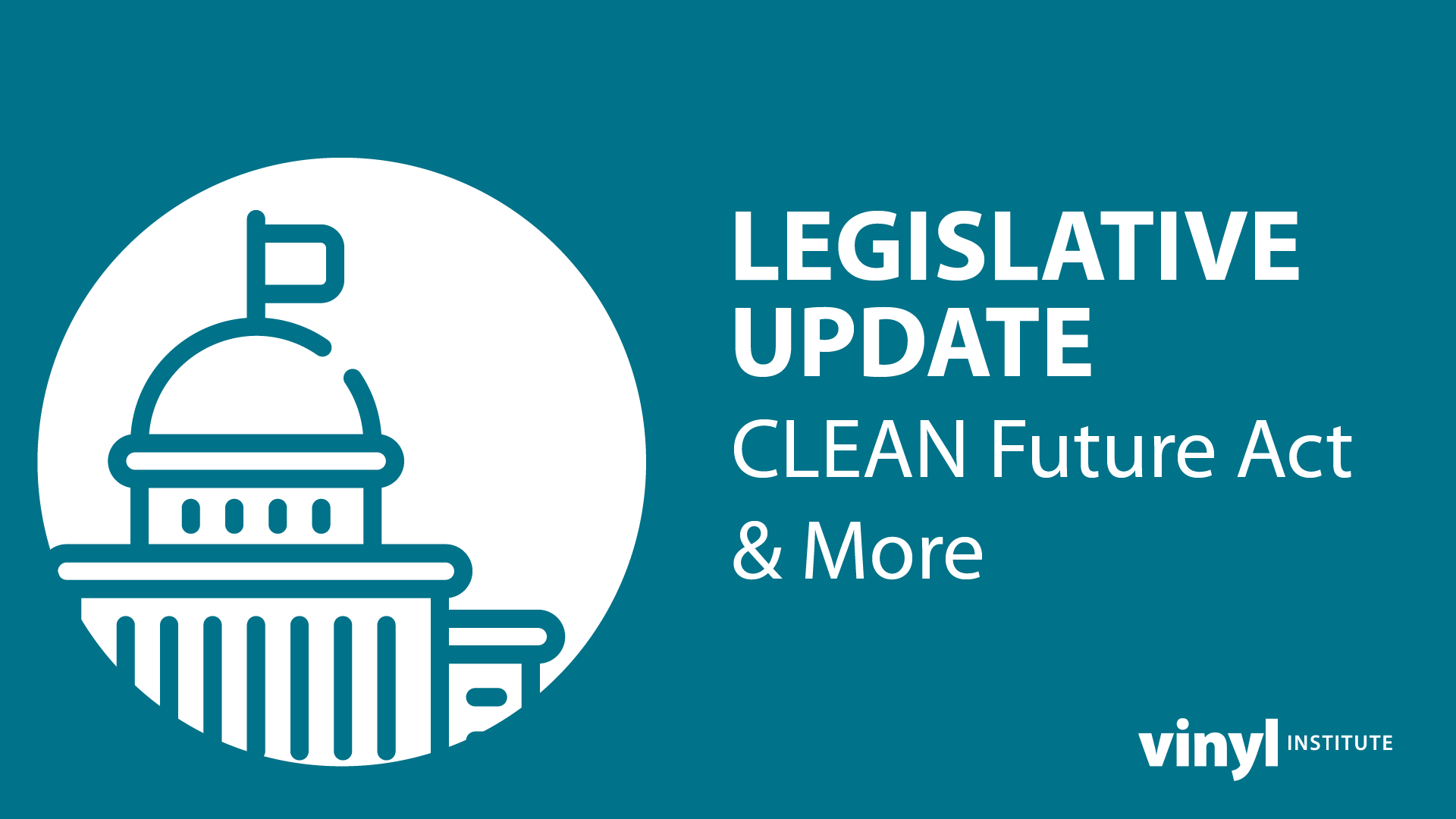This website uses cookies so that we can provide you with the best user experience possible. Cookie information is stored in your browser and performs functions such as recognising you when you return to our website and helping our team to understand which sections of the website you find most interesting and useful.
News
Legislative Update: CLEAN Future Act & More
Appropriations
The House and Senate Appropriations Committees continue to hold hearings on FY2022 budgets. The administration is planning on releasing the President’s $6 trillion FY2022 budget on Friday, May 28. The release will kick off an ambitious House Appropriations Committee markup schedule shaped around recess. The Appropriations Subcommittees are expected to begin their markups on Thursday, June 24. In the meantime, full committee markups would be held each day from June 29 through July 1, reconvening after the recess with a full committee session July 13 and two more on July 15 and 16. House Majority Leader Steny Hoyer (D-MD) wants to pass all the spending bills before the August recess set to begin after July 30.
CLEAN Future Act
The Committee on Energy and Commerce Subcommittee on Environment and Climate Change held a hearing on May 25 entitled, “The CLEAN Future Act and Drinking Water: Legislation to Ensure Drinking Water is Safe and Clean.” Republicans and Democrats agreed that the U.S. Environmental Protection Agency (EPA) should receive congressional funding to address significant drinking water infrastructure needs. Still, differences emerged as Republican lawmakers opposed many Democratic priorities in the spending bills that would create new authorities for agencies. The Committee received testimony from Jennifer McLain, director of EPA’s Office of Ground Water and Drinking Water within the Office of Water. The committee also considered 10 water-related bills, including investments into lead pipe replacement and assistance programs. Chairman Frank Pallone (D-NJ) and subcommittee Chairman Paul Tonko (D-NY) focused their opening remarks on the potential for bipartisan agreement and how their legislation aligns with President Biden’s infrastructure plans. The two lawmakers noted that making drinking water safer and more reliable is not a “controversial issue” and hoped the hearing would kick off a conversation ending with a bipartisan agreement.
Ranking Member Cathy McMorris Rodgers (R-WA) said while Republicans can get behind several provisions in the bills, but felt “taken as a whole, they divert us to a dangerous pathway.” She further detailed concerns with the high costs of the bills and the effect that the federal debt and interest payments will have on the economy. GOP lawmakers echoed many of the concerns Rodgers outlined in her opening statement as they questioned McLain.
Republicans were concerned about the significantly increased funding in the Drinking Water State Revolving Fund (DWSRF), which they worried could prevent many states from meeting their matching funds requirements or not give them enough time to ramp up their programs. McLain assured members that EPA and states have lots of experience with these programs and that EPA will work with states to help enable them to meet the matching funds requirements. Rogers advocated for letting states allocate their unused COVID relief funds toward infrastructure upgrades rather than increasing federal funding for SRFs.
Rogers also criticized investing $45 billion for full lead service line replacements when EPA has yet to publish a “Needs Assessment” on the number of lead lines. Rodgers and Rep. Bill Johnson (R-OH) were also concerned that section 623 of the CLEAN Future Act is a de facto fracking ban arguing that the legislation would not make drinking water safer.
Rep. Dan Crenshaw (R-TX) grilled McLain about multiple provisions on lead service lines replacing questioning whether the policy and incentives would work or would instead lead to “endless surveys” looking for lead lines. McLain expressed confidence that localities would be able to provide information on where the lines. Republicans are also concerned about creating new entitlement programs to pay off unpaid drinking water bills and changes to regulatory requirements that benefit from issuing drinking water and underground injection controls rules.
Nominations
On May 26, the Senate EPW has approved President Joe Biden’s nominations of Michal Freedhoff (19-1) to head EPA’s the Office of Chemical Safety and Pollution Prevention (OCSPP). The Senate also approved Radhika Fox (14-6) to be the agency’s water policy chief. Six Republican senators—Ranking Member Shelley Moore Capito (R-WV) and GOP Sens. James Inhofe (OK), Richard Shelby (AL), John Boozman (AR), Dan Sullivan (AR) and Joni Ernst (IA)—opposed Fox due to their concerns about the Biden EPA’s Clean Water Act (CWA) jurisdiction policy.
Icon in graphic made by Freepik from www.flaticon.com


